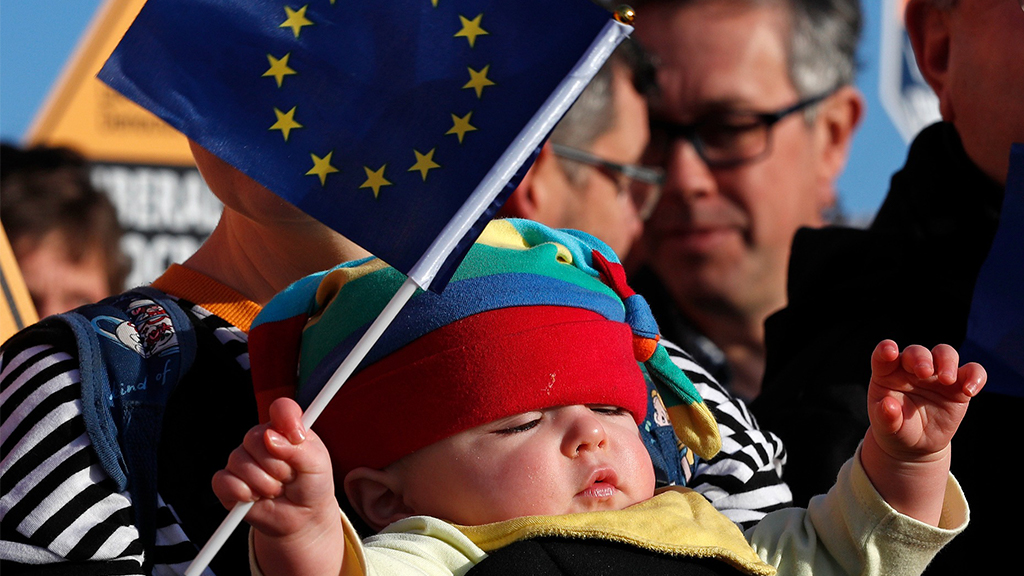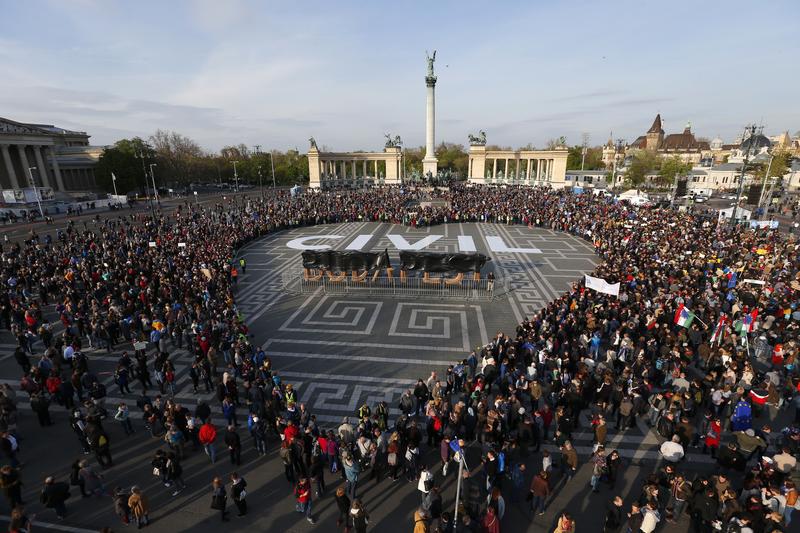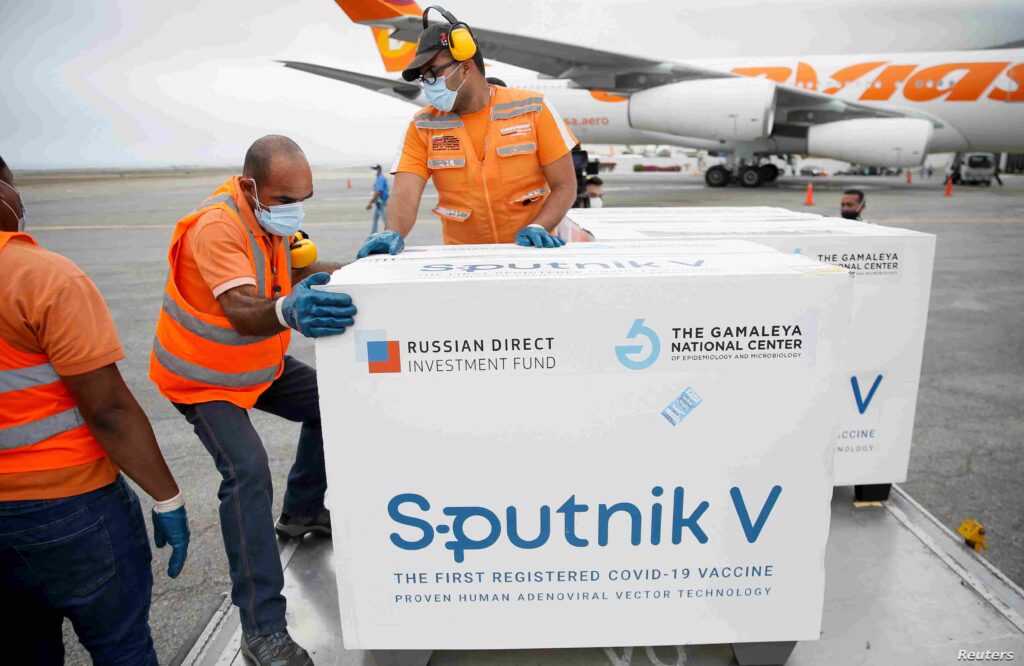EU institutions are holding a series of events in the run-up to Europe Day on 9 May so that people across the
German Chancellor Angela Merkel is set to travel to Belgrade on September 13 to discuss political and economic cooperation and the EU integration process with Serbian President Aleksandar Vucic.
MoreThe European Bank for Reconstruction and Development (EBRD) is providing a new €5 million financing package to Sparkasse Bank Makedonija AD Skopje under the Western Balkans Green Economy Financing Facility (WB GEFF II) for lending to households in North Macedonia that want boost their energy efficiency.
MoreThe European Commission has today disbursed €14.137 billion to 12 EU Member States in the seventh instalment of financial support under the SURE instrument.
MoreEP negotiators want to use the Emergency Support Instrument in order to provide citizens with accessible and free of charge testing for the purpose of the new EU Covid-19 certificate.
MoreFind out what the benefits of hydrogen energy are and how the EU wants to make the most of it to support the green transition.
MoreThe Commission has received an official recovery and resilience plan from Hungary.
MoreEU institutions are holding a series of events in the run-up to Europe Day on 9 May so that people across the EU and beyond can find out more about the EU and what it does.
MoreDespite a chorus of international criticism, the Hungarian government has been in no hurry to act on a June 2020 EU Court decision that states a 2017 law forcing civil society organizations receiving more than 20.000 EUR per year in foreign funds to register as foreign-funded is unlawful.
MoreFor Serbia and Hungary, Russia's coronavirus vaccine Sputnik V has been a godsend, allowing both countries to accelerate their inoculation drives. Austria announced midweek it is negotiating to buy a million doses.
MoreThe European Commission has approved, under EU State aid rules, €146.5 million in Austrian support in favour of three companies joining the existing Important Project of Common European Interest (‘IPCEI') in microelectronics approved by the Commission in 2018.
More









